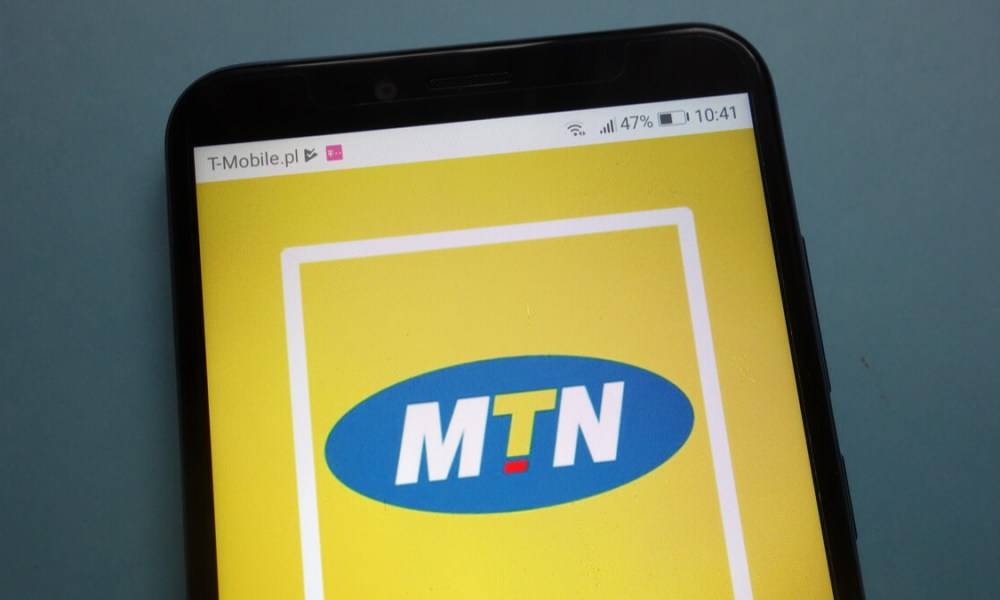
Civil unrest: MTN may not re-enter Ethiopian telecoms privatisation deal
Civil unrest: MTN may not re-enter Ethiopian telecoms privatisation deal
Due to unrelenting civil unrest in Ethiopia, Africa's largest telecommunications services provider, MTN, may have decided not to participate in the country's revived plan to sell a second telecom license to international operators due to the country's unending civil unrest.
It has been reported that MTN may withdraw its license application because it is concerned that "the investment risk is beginning to outweigh the benefits," as reported by Bloomberg. Almost certainly, this is a reference to the possibility that the ongoing civil war in the northern Tigray region will have a negative impact on the investment's prospects.
Because the sources indicate that the company is not yet ready to make its deliberations publicly known, the company has also declined to provide a comment on the report.
Earlier this year, MTN submitted a $600 million bid to enter Africa's second-most populous country, but the bid was rejected two months later when the Safaricom-led Global Partnership for Ethiopia (GPE) was announced as the sole winner of a telecommunications license to operate in Ethiopia.
Besides Safaricom, which holds a 56 percent stake, the consortium also consists of Japanese conglomerate Sumitomo (which owns 25 percent), CDC Group (10 percent), Vodacom (6 percent), Vodafone, and the United Kingdom's sovereign investment fund. The consortium was awarded the new license after submitting a financial bid totaling $850 million. According to an official statement from the Ethiopian Communications Authority (ECA), the consortium plans to invest more than $8 billion in the country's telecommunications infrastructure over the next ten years. Other telecom companies, including Orange, Etisalat, Telkom SA, and Liquid Telecom, withdrew from the bidding process as a result.
MTN is not the only company in this category. In addition, the winning bidders, Kenya's Safaricom and Vodacom, have expressed concerns about the country's mobile money restrictions as well as the current political unrest. Both companies also stated that they were closely monitoring the escalation of tensions before finalizing their bids just months before they were announced as the winners of the competition.
According to the investors, operating during times of unrest increases the risk of damage to the telecom infrastructure on the network. Additionally, Ethiopia will require approximately 7,500 to 8,000 new mobile towers to expand services throughout the country in order to reach approximately 50% of the country's 110 million people who do not currently have mobile phone subscriptions.
MTNL's reluctance to expand into Ethiopia is consistent with the company's recent decision to withdraw from conflict-affected areas of the country. Remember that the company announced its intention to withdraw from Yemen, Afghanistan, and Syria, all of which are experiencing civil unrest. As a result, according to analysts, the company's shareholders' sentiment has improved as a result of this decision.
MTN's stock has risen by 89 percent just this year alone, as investors warm to the prospect of a broader asset-disposition strategy. So far, it has been the best performer on the FTSE/JSE Africa Top40 Index, which is comprised of 40 companies.

